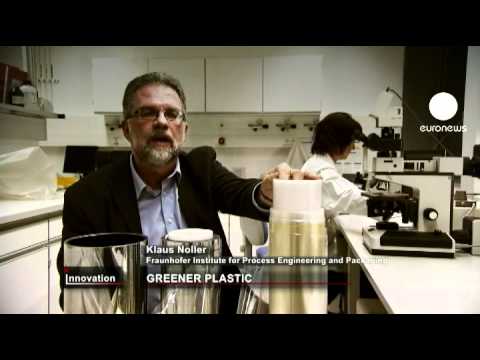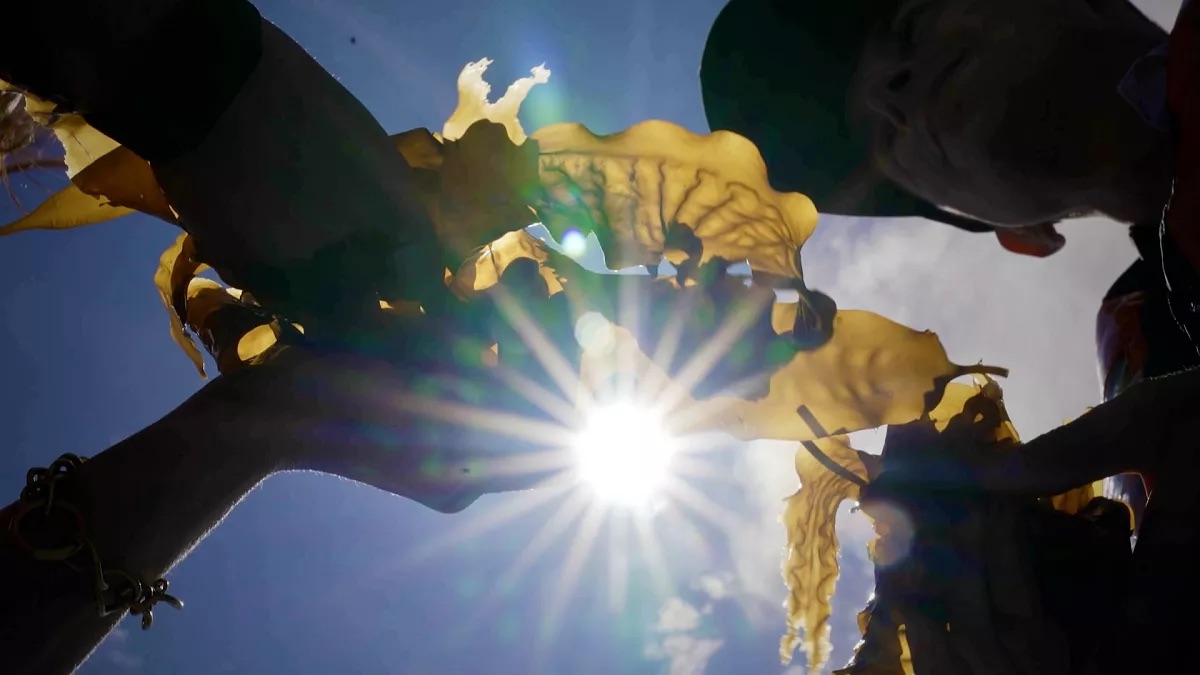“We have developed a new bioplastic based on whey protein, used for making recyclable food packaging,” says Elodie Bugnicourt of Barcelona-based research institute IRIS.
This new plastic is made using whey protein, which means it is biodegradable.
“Whey is a by-product of cheese production. It contains about seven percent of dry matter, rich in protein that can be used to manufacture the so-called ‘whey layer’ – our new bioplastic,” Bugnicourt explained.
Each year, European cheese factories produce 50 million tons of whey. Some of it is reused, as protein food additives for body-builders for example. But almost 40 percent of it is discarded.
A group of small companies in Spain’s Catalonia region has got together under an EU-funded project with the aim of cutting the waste and using this by-product to create new materials.
The whey collected from cheese-making is filtered and spray-dried to extract the pure whey protein.
This is then used in several thin layers to create plastic film for food packaging, which is both air-tight and water-resistant.
And it is easy to recycle. “This whey protein dissolves easily in water with the help of enzymes. The layers come apart easily, making recycling much simpler,” explained Klaus Noller, head of the Materials Development Department at the Fraunhofer Institute for Process Engineering and Packaging in Germany.
In contrast, traditional plastic, which is made of non-renewable materials, takes hundreds of years to break down.
It is hoped this new technology can be implemented on an industrial scale over the next two years, to produce biodegradable plastic film, other forms of food packaging and even food trays.
“There are 14 partners working on this project, both producers and researchers, specialised in plastic, packaging, recycling and engineering, so we have brought together all the right players to make the project a success,” said Elodie Bugnicourt.





